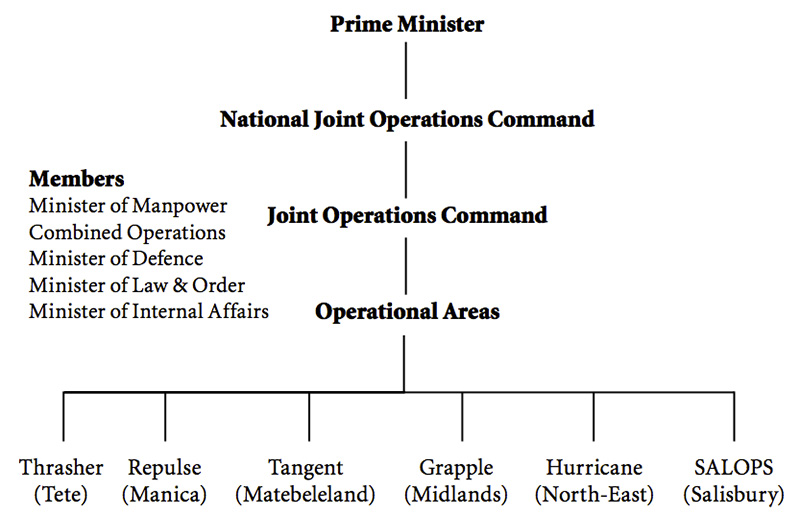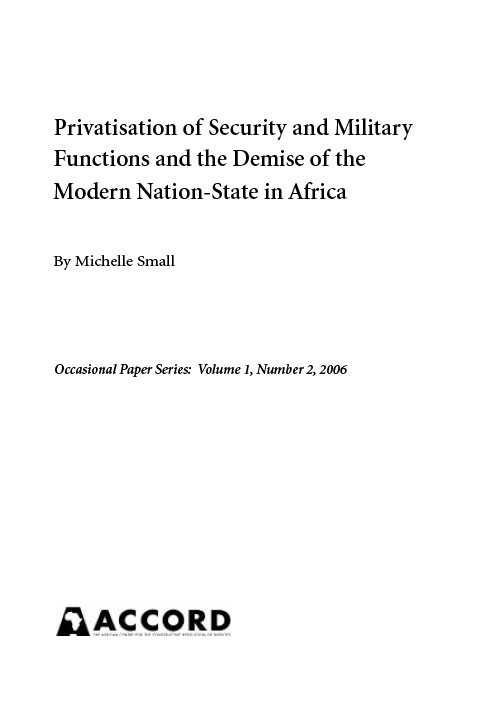Operation Murambatsvina
Abstract In April 2005, Zimbabwe held general elections which saw the ruling Zimbabwe African National Union – Patriotic Front (ZANU-PF) emerge as victors for the umpteenth time. Despite this win,
Abstract In April 2005, Zimbabwe held general elections which saw the ruling Zimbabwe African National Union – Patriotic Front (ZANU-PF) emerge as victors for the umpteenth time. Despite this win,
We must continue to struggle and not rest until the land is our own, the property of the people, of our grandfathers, taken from us by those who crush the

Abstract This article examines the dynamics of the connections between the nationalist government of Zimbabwe and the armed forces, which have translated into serious politicisation of the security sector and

The world today is characterised by the increasing commodification and privatisation of public goods, a decline in law and order, a demise in state centrality, and more worryingly, the fracturing
Acknowledgement: The author would like to thank Professor David Simon at Royal Holloway, University of London, and Colonel Remy Kisukula, the Editor of Yes Africa in London, for their earlier
Abstract The conflict in northern Uganda is about to enter its twentieth year since it began in 1986. As at the time of writing, there is no sign that the
Abstract Conceptions of race and belonging are central both to the violence of South Africa’s past, and the relative peace of South Africa’s present. In the colonial world the question

Abstract The article uses a working hypothesis based on three assumptions, namely that democratisation is directly and positively correlated with conflict resolution/prevention; that socio-economic development is directly and positively correlated
The end of the Cold War ushered in the ascendancy of the neo-liberal ideology as the world’s development paradigm. Characterised as the new world order by the then US President
Abstract Since the onset of the democratisation process in Southern Africa in the 1990s, democracy discourses in both academic and policy-making circles have become more robust and invigorated. Although much